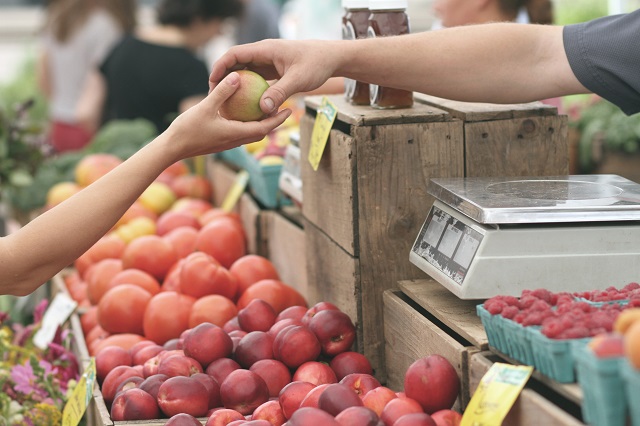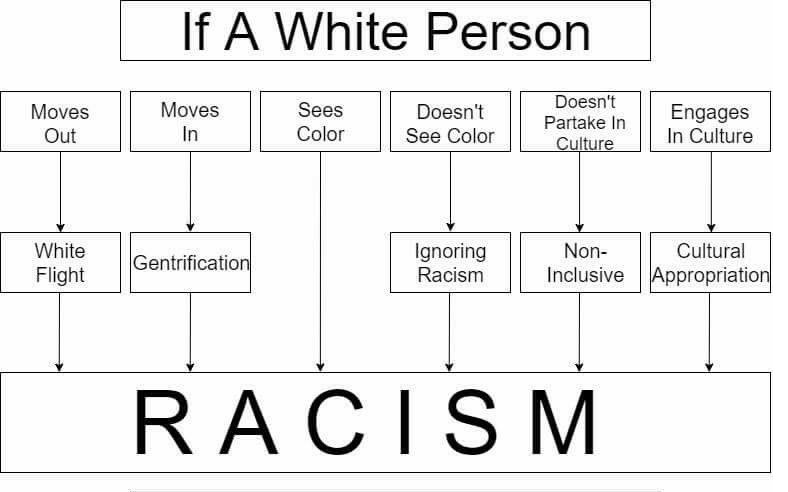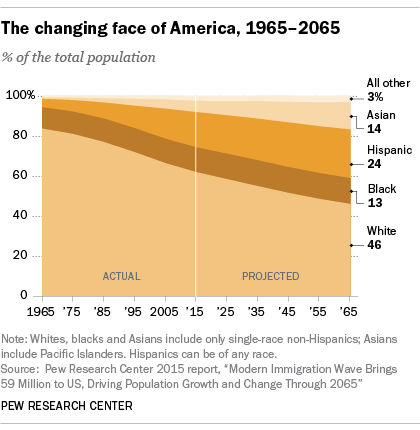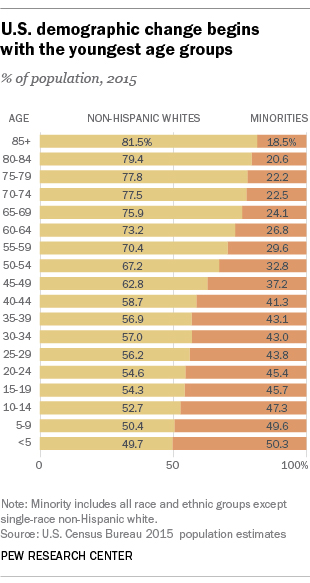Profs: Farmers' Markets Are 'Insidious' 'White Spaces,' 'Normalize' White Eating HabitsChris MenahanInformationLiberation Dec. 29, 2017 |
Popular 
Video Appears to Show Alex Pretti Spit at ICE, Kick Taillight Out of ICE Vehicle in Prior Confrontation

Trump Expected to Pick Kevin Warsh, Son-in-Law of Zionist Billionaire Ron Lauder, as Fed Chair

New TikTok CEO Told World Jewish Congress How They Censored Criticism of 'Zionists'

Mark Levin Urges Trump to Strike Iran and Kill the Ayatollah and His Family

Israeli-American Council Asks Miriam Adelson and Haim Saban How They Control U.S. Politicians
  Farmers' Markets "normalize" the "food consumption habits of white people" and contribute to the oppression of minorities, according to two professors at San Diego State University. Farmers' Markets "normalize" the "food consumption habits of white people" and contribute to the oppression of minorities, according to two professors at San Diego State University. From Campus Reform: Pascale Joassart-Marcelli and Fernando J Bosco, two geography professors at SDSU, criticized the “whiteness of farmers’ markets” in a chapter for Just Green Enough, a new anthology published by Routledge in December.When white people move out of a city it's "white flight." When they move in it's "gentrification." When they move to another country it's "colonization."  When non-whites move into a city it's "diversification" or "cultural enrichment" and when they emigrate from another nation they're "refugees." It's almost as though there's an agenda here... This social exclusion is reinforced by the “whiteness of farmers’ markets” and the “white habitus” that they can reinforce, the professors elaborate, describing farmers’ markets as “white spaces where the food consumption habits of white people are normalized.”White people casually eating food is now racist. This is a paradoxical outcome, since farmers’ markets are often established in the interest of fighting so-called “food deserts” in lower-income and minority communities. Since grocery stores in low-income communities often lack fresh quality produce, the professors say that in some cases, farmers’ markets may be only source of quality and affordable produce for locals.White people are "displacing" people of color?   Why aren't they "diversifying" the area and bringing "cultural enrichment"? “The most insidious part of this gentrification process is that alternative food initiatives work against the community activists and residents who first mobilized to fight environmental injustices and provide these amenities but have significantly less political and economic clout than developers and real estate professionals.Translation: pay up. Follow InformationLiberation on Twitter, Facebook and Gab. |



